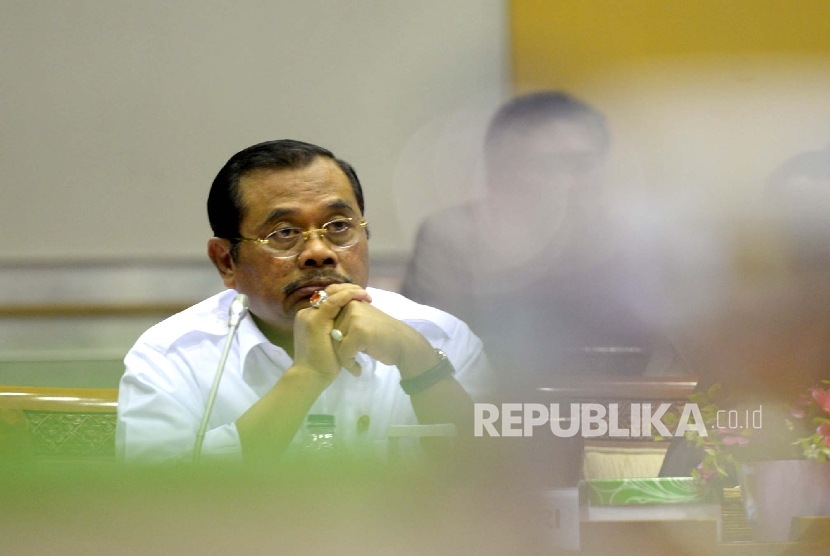By: Agung Aditya and Toas H *)
REPUBLIKA.CO.ID, The democracy era urges a government to provide more rights to all citizens to make decisions that may affect the life of the nation, one of them regarding the enforcement of Human Rights (HAM). In this era of democracy, human rights abuse is less likely to happen, either by government or individual. One reason is the existence of a lot of movement that respect and uphold human rights that keep monitoring issues relating to human rights violations. This is in contrast to the New Order era, when the human rights movement could only move underground, so the enforcement of human rights could hardly be done.
HAM enforcement in the democratic era is also strengthened by the issuance of MPR Decree No. XVII / MPR / 1998 on Human Rights. This regulation plays as the 'software' of human rights enforcement as well as the embryo of the Act No. 26 of 2000 on Human Rights Court which allows to create an ad hoc tribunal to prosecute heavy human rights violations that had occurred before the law was created.
Regardless various improvement in HAM enforcement efforts, some violations still occur in the democracy era. One noticeable example was the murder of a human rights activist, Munir Said Thalib, which occurred on 7 September 2004. The murder happened when he was traveling to Amsterdam, Netherlands with Garuda Indonesia flight number GA-974. Many speculation appeared due to the cause of death, from the heart attack to being poisoned. However, some believed that Munir died because of being poisoned by arsenic in food or drink while in the air.
Commemorating 12 years of the Munir murder case, KontraS and LBH (legal aid) Jakarta exploit the momentum to investigate the case as the effort to enforce human rights. On 27 April 2016, KontraS along with LBH Jakarta as well as the widow of Munir, Suciwati submitted a request for the dispute settlement of public information to the Central Information Commission (KIP) with a demand that the President through the Ministry of State Secretary (Kemensesneg) announces the report of the Fact Finding Team (TPF) for Munir case. Subsequently, on 10 October 2016, KontraS won a lawsuit to KIP and Kemensesneg should publish TPF’s findings of Munir case to public.
Responding to the KIP’s decision, Kemensesneg instead of announcing the results of the TPF, announced that Kemensesneg did not hold the documents of TPF regarding Munir case. This led to delay in the completion of the Munir murder case. With a good will to promptly resolve the Munir murder case, President Joko Widodo instructed the Attorney General, HM Prasetyo to re-investigate the case.
From the chronology of the settlement of the Munir murder case, it shows that the Indonesian Government is now earnestly trying to solve the case.
In addition, by law, the Munir’s case can be considered completed as a name, Polycarpus Budihari Priyanto, has been found guilty. Therefore, when Munir murder case is reopened, it might be a trick of certain groups to attack the image of the Government of Indonesia by using human rights issue. The ultimate goal is to make people no longer trust the Government of Indonesia. To that end, we must trust the Government in this settlement so that this case is not prolonged.
In this case, the public must be intelligent and wise in responding to the various issues regarding the case. Otherwise, the public will easily be provoked by those who want to discredit the government.
Jokowi-JK government might resolve all past human rights violations, but by using non-judicial process, not involving foreign parties as well as not relating to other previous pending or completed cases. Thus, we believe, the politicization of the Munir case will not succeed.
*) The authors is LSISI’s contributor for Bali Region


